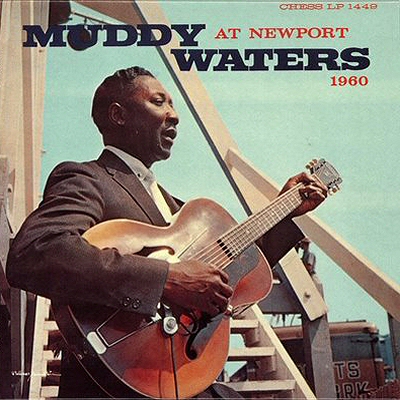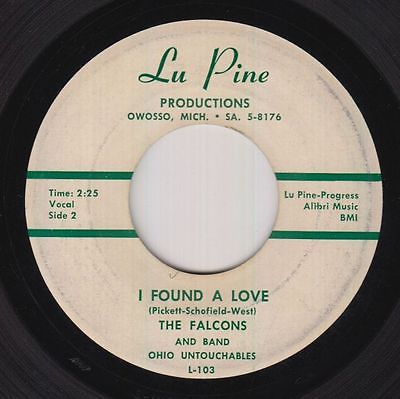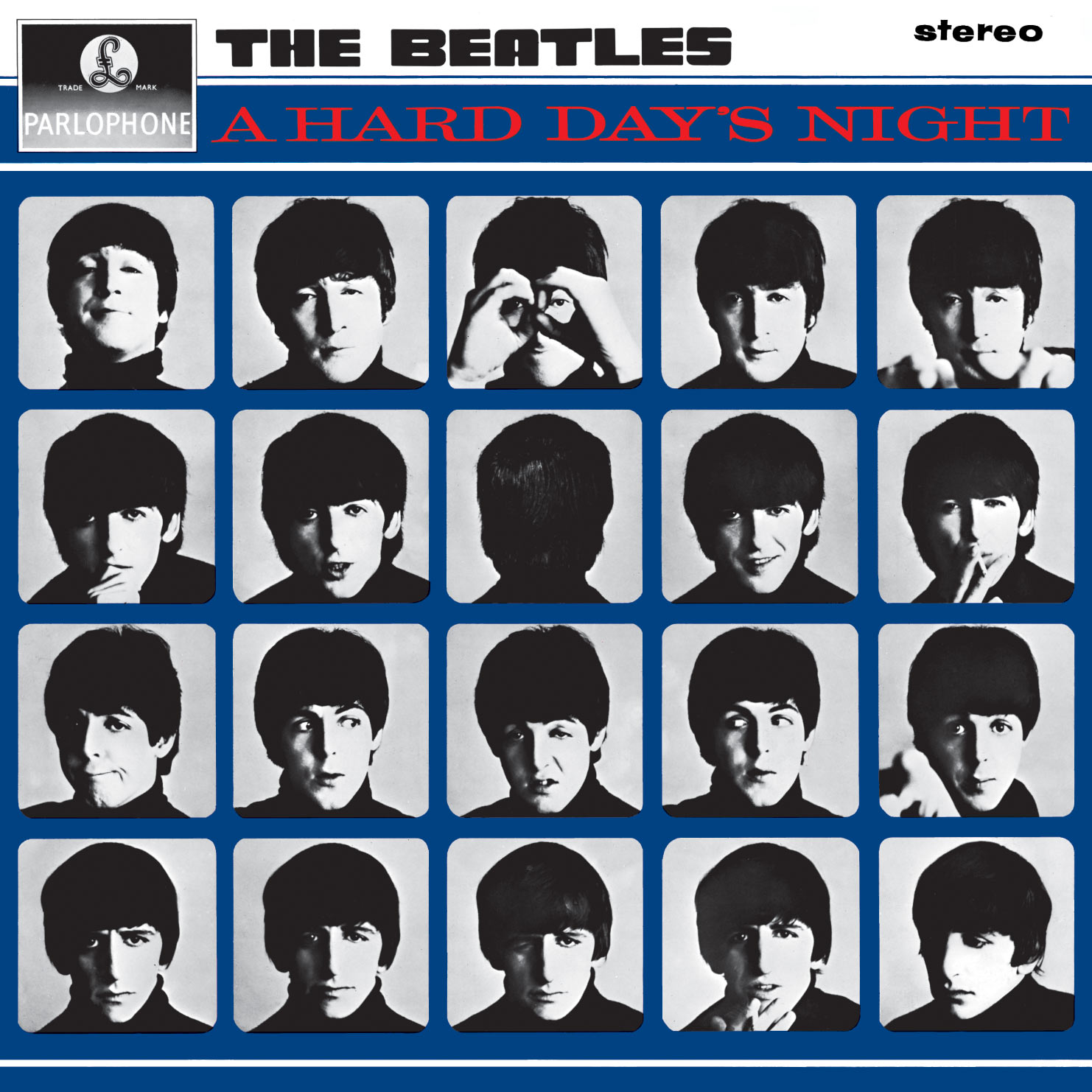
“Got My Mojo Working” (1960) – Muddy Waters * Written by McKinley Morganfield * LP: Muddy Waters At Newport 1960 * Label: Chess
Muddy Waters’s canonized At Newport 1960 album can’t shake a lingering strangeness. The cover depicts the blues giant, who otherwise played at Smitty’s Corner at smoky midnight in Chicago’s south side, serenading an audience against an afternoon sky. The quiet crowd responses confirm what you imagine—that the audience is a polite, buttoned-down sort. On side 2, when Waters first sings “I got my mojo working, but it just won’t work on you,” he may have been wondering if he was experiencing one of the realest scenarios for those words. The mojo eventually does get working, though, as the crowd livens up. They had other reasons for their reserved behavior, it turns out. As the liner notes explain: some “beer-inflamed youngsters” had disrupted Ray Charles’s show the day before, causing a riot that involved the National Guard, and forced the cancellation of the rest of the festival except for Waters’s Sunday afternoon slot. The link below takes you to actual footage of the song, complete with Waters dancing the jitterbug at the end. (“Got My Mojo Working” is credited on the album to McKinley Morganfield, aka Muddy Waters, but the copyright actually belongs to Preston “Red” Foster, a matter that had later been settled out of court.)


 “No More Auction Block” (1964) – The Goldebriars
“No More Auction Block” (1964) – The Goldebriars





